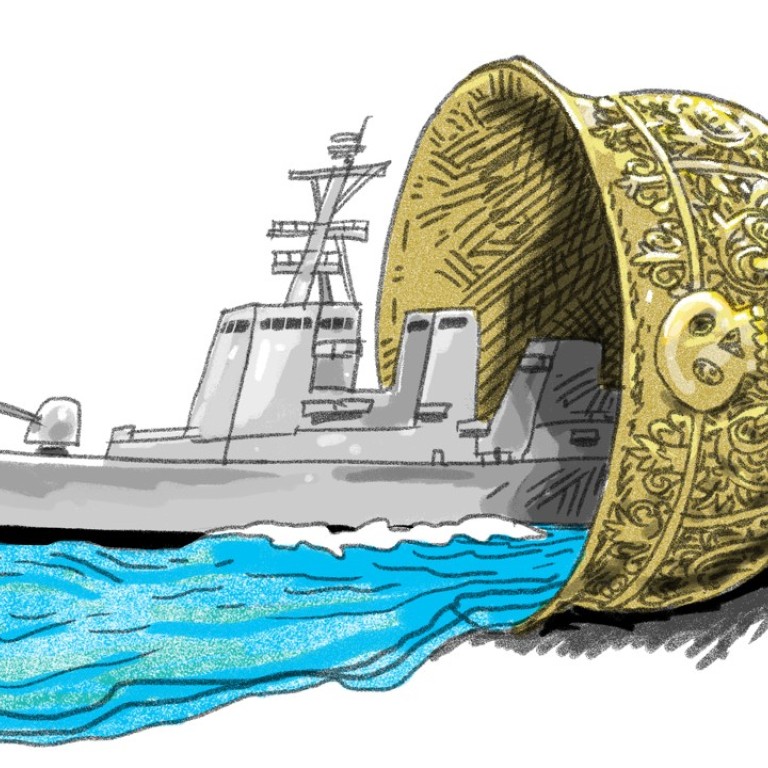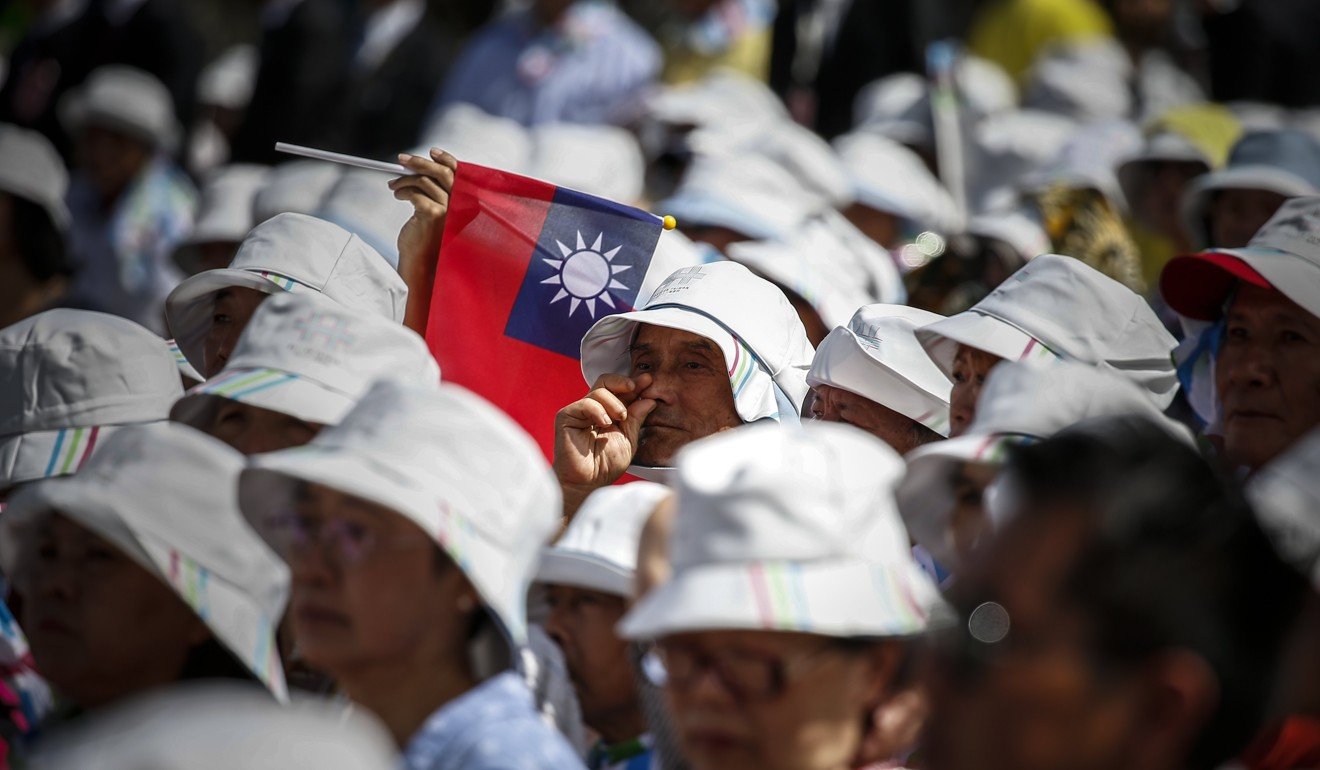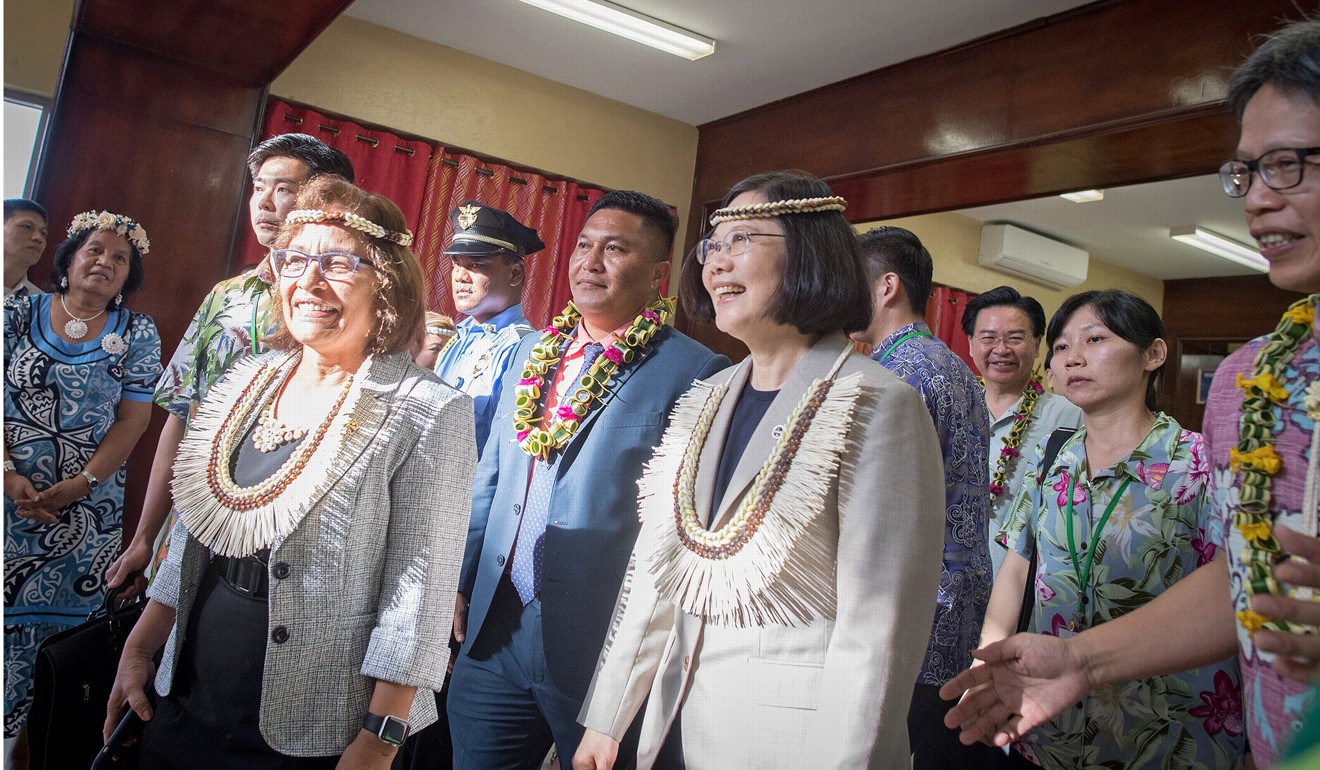
Taiwan should be wary of the poisoned chalice of military exchanges with the US
Zhou Bo says China can be expected to react strongly if military exchanges are approved in a US defence budget now being considered, undercutting Sino-US cooperation in other matters and putting Taiwan at risk of Beijing’s retaliation
Trump could bypass this “red light” in two ways. One is to convince Capitol Hill to make the wording less legally binding; the other is to approve it, as president Barack Obama did for the 2017 act, but then choose to ignore it.

Tsai should know that the security of Taiwan does not lie in strengthening Taiwan-US relations
Given the worsening situation on the Korean peninsula, it cannot be ruled out that the two leaders might reach a new understanding on the issue. But this would not be possible if Trump falters on the Taiwan issue.
Tsai’s spokesman has expressed thanks following the Senate’s passing of the defence bill. That is probably all he could say. Anyway, the White House has ample room to manoeuvre.
Tsai should know that the security of Taiwan does not lie in strengthening Taiwan-US relations, but, rather, in how much trust mainland China has in Taiwan. Unlike her predecessor, Ma Ying-jeou, she still dodges acknowledging the “1992 consensus” – an agreement in which both sides recognised that there is only “one China”, though each may have its own interpretation of what that means. The mainland maintains that this acknowledgement is the essential condition for cross-strait relations. There does not appear to be another way out.
The state of cross-strait relations, a year into Tsai ing-wen’s presidency
Taiwan president calls for thaw in ties with mainland China
Views in Hong Kong and Taiwan about relations with Beijing
Ever since the inception of the Taiwan Relations Act, the US Congress has acted as a countervailing force on government policy towards China and Taiwan. But such a move could backfire.

Taiwan leader promises to raise defence spending as she praises ‘unprecedented’ friendship with United States
The most recent defence bill could backfire, too. In fact, James Moriarty, chairman of the American Institute in Taiwan, pointed out in July that it would be “dangerous” for US naval vessels to visit Taiwan. Such visits, though symbolic, would substantively damage American interests and would not enhance Taiwan’s defence by any means. One probable consequence could see Beijing punishing Tsai by convincing countries that still maintain relations with Taiwan to establish diplomatic ties with Beijing instead. Most of these countries would be more than willing to switch their recognition from Taipei to Beijing.
So, for Taiwan, this is what the latest defence authorisation act amounts to: an olive branch extended by Capitol Hill, but without any olives at all.
Zhou Bo is an honorary fellow with the Centre of China-American Defence Relations, Academy of Military Science

